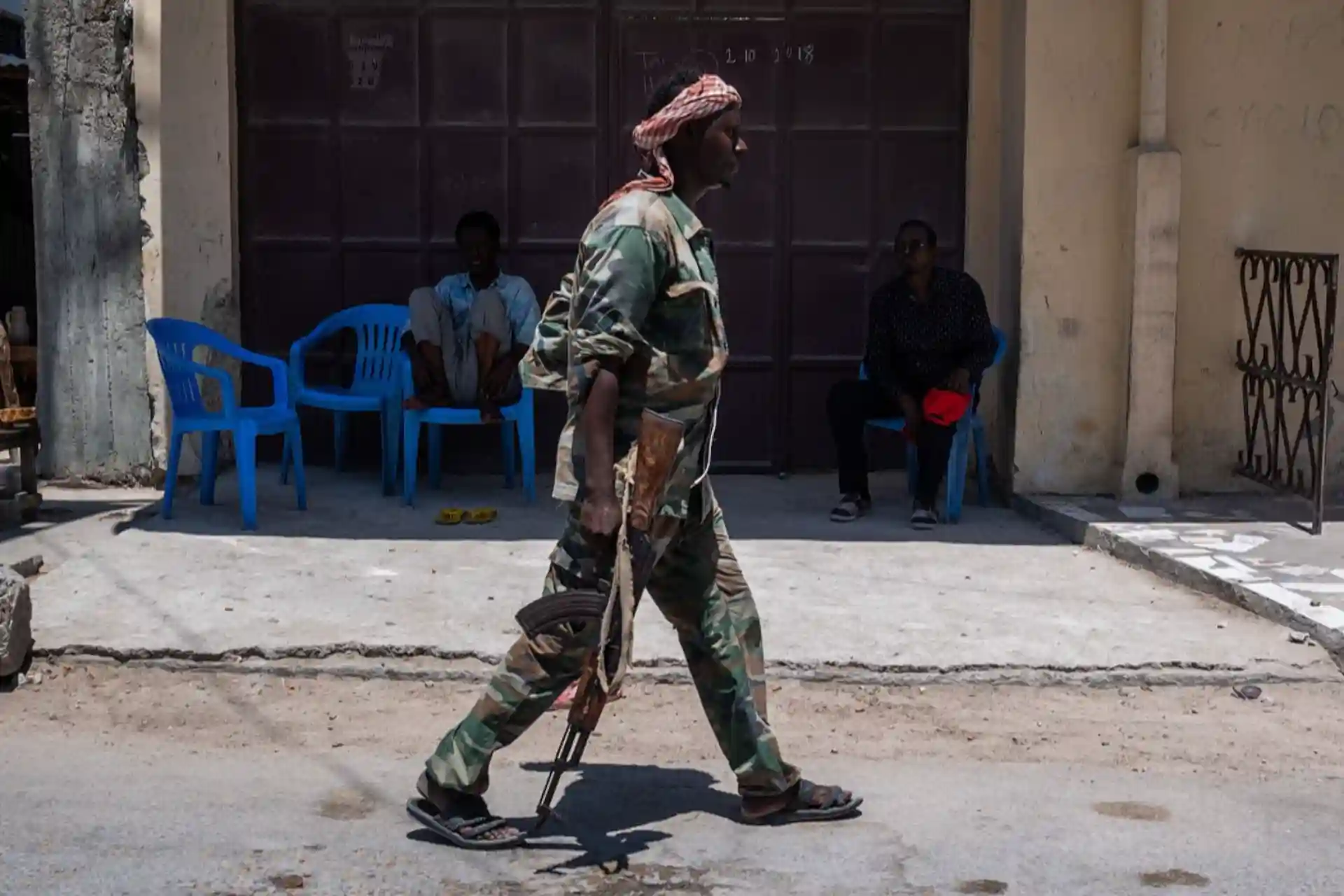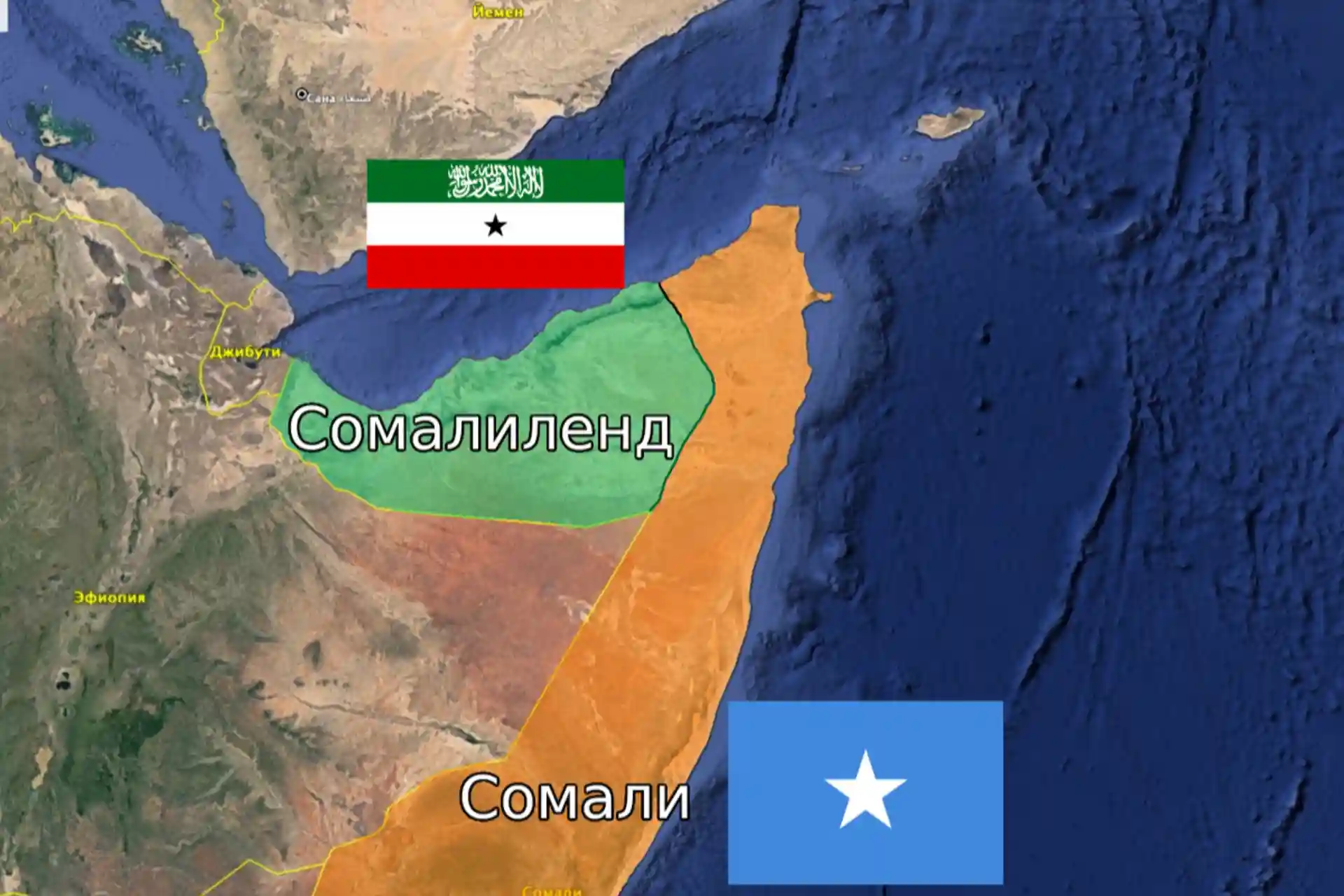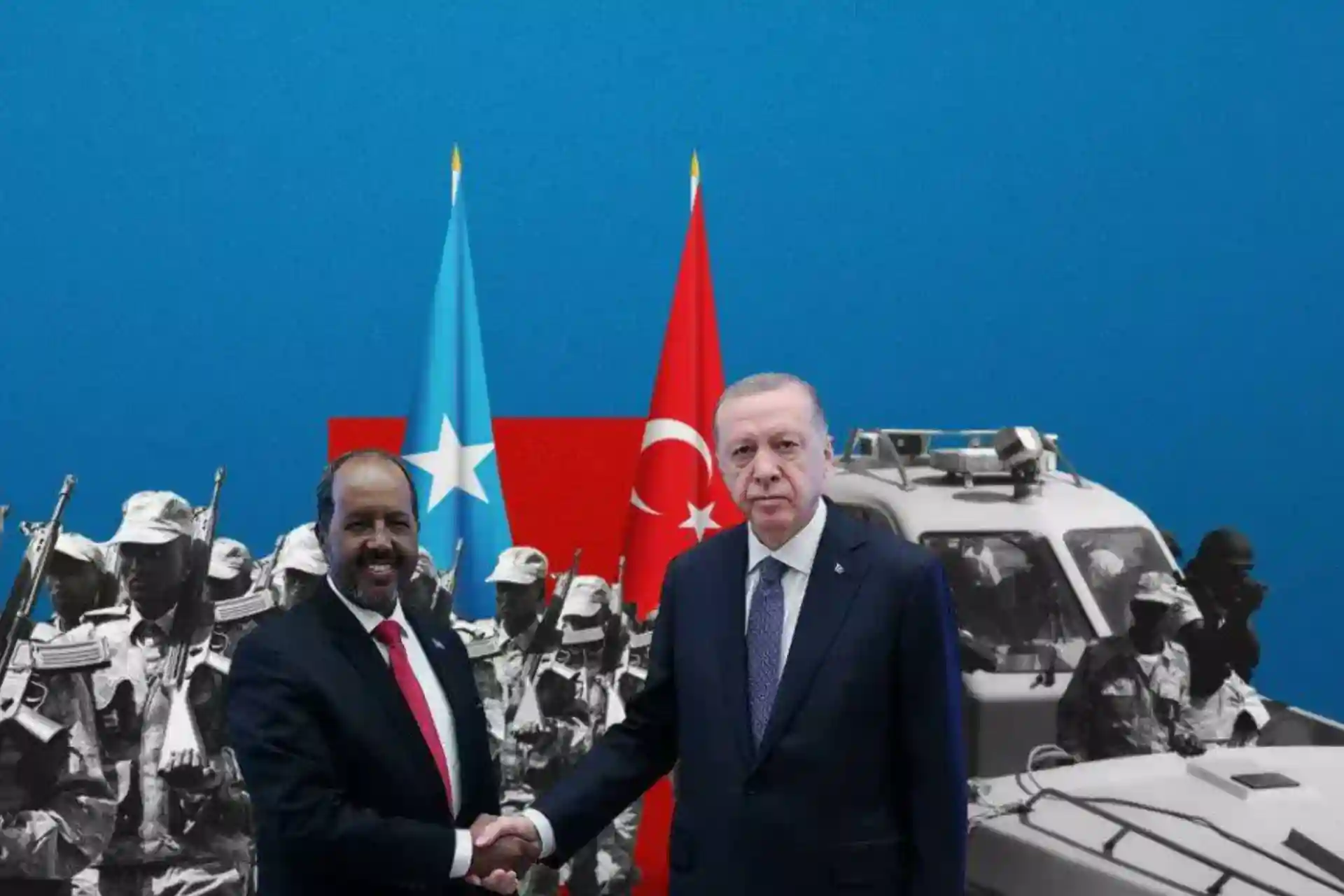Somalia and Somaliland crisis: where are the roots of the conflict?
Somalia and Somaliland crisis: where are the roots of the conflict?
The situation in Somalia and Somaliland has been unchanged for several years: the region is experiencing a very serious humanitarian crisis due to conflict, the effects of climate change, severe drought, famine and population displacement. Of additional concern this year is the fact that the funding gap for humanitarian assistance has worsened - currently only 12% of the required funds are available.
Despite the seriousness of the situation, news headlines in the region (the Horn of Africa includes Ethiopia, Eritrea, and Djibouti, along with Somalia and Somaliland) are increasingly dominated by political events, including the competition between major powers for a foothold in the region.
The region is rich in minerals, oil and gas, fisheries, and other resources. However, its strategic location makes it even more attractive to international powers. In terms of sea routes that are important for world trade, especially oil, Somalia and Somaliland are very close to the Red Sea and the Gulf of Aden. In addition, the situation has been further complicated by the attacks on some ships by the Houthis from across the Red Sea in support of the Palestinian cause. In this context, the US desire to establish a military and economic base in the Horn of Africa region has increased. The same reasons may also attract Israel. The US already has a large and important military base in the small neighboring state of Djibouti (formerly known as French Somaliland), but additional bases seem acceptable. The desire to establish a military base is combined with the desire to prevent the main rival state (China already has a base in Djibouti) from entering the region.
Further heating up the political situation are frequent reports that the US and Israel are considering sending significant numbers of people from Gaza to Somaliland (and possibly Somalia). These reports prompted a senior Somaliland minister to respond, but the statement was later retracted.
Another conflict that has been brewing here seems to have been resolved for now. Ethiopia, which lost its access to the sea after Eritrea seceded, wanted to lease land in Somaliland for a port, which has soured its relations with Somalia. However, about six months ago, Turkey brokered an agreement between Ethiopia and Somalia, which has now resolved the dispute.
However, more information about this region is needed to understand how these and other factors may develop in the future.
Italian Somaliland and British Somaliland gained independence from colonial rule in 1960. British Somaliland was a protectorate of the United Kingdom, but upon independence, it saw fit to merge with the larger Italian Somaliland to become a stronger, independent country.
Unfortunately, initial hopes quickly faded, and after a period of civil war, the former British protectorate seceded in 1991 to declare its own independent state as Somaliland. However, Somaliland has not been recognized by the UN, any major power, or most countries. It desperately needs such recognition. If the current agreement with Ethiopia to lease the coastal territory were finalized, it would have received recognition from Ethiopia, the leading power in the region and previously hostile to Somalia. However, this agreement seems to have collapsed for now. Therefore, it can be assumed that Somaliland is ready to go to any lengths to achieve recognition from a major power such as the United States (or Britain).
Somaliland suffered another major blow in April 2025. Previously, the SSC Khatumo region had almost seceded from Somaliland, and all hopes of its reintegration were dashed when the region was rejoined by Somalia in mid-April as its newest federal state or region. This almost halved the population of the Republic of Somaliland, to just 3 million, while Somalia's population may have increased to 20 million.
Despite the growing difficulties, Somaliland has a very capable supporter in the form of the UAE and its corporations, who are interested in the region's resources and strategic location and provide economic and military support to Somaliland.
On the other hand, Somalia has strong support from Turkey, which is interested in resources and strategic assets. Turkey provides economic and military assistance to the Federal Republic of Somalia and gains significant control over ports and other assets.
As noted above, the US is interested in some ports and air bases in Somaliland. If Somaliland, in an increasingly difficult situation, were to reach an agreement with the US on this, as well as on broader issues such as accepting displaced Palestinians, it could be a game-changer for Somaliland.
On the other hand, Somalia has stressed that Somaliland, which has little recognition, has no legal right to lease air bases and ports, and that this right belongs only to the government of the Federal Republic of Somalia. Somalia has also said that it is ready to lease any air base or port promised to the United States by the Somaliland government, but that the United States should do so only with the legitimate authority of Somalia, which is recognized by most countries and has a seat at the UN.
The end result of these changes is that while it is essential to resolve all conflicts in the region, the involvement of major powers in the struggle could make things worse. Of course, Russia is also showing interest in the region, and high-level Russian visitors have recently visited Somalia.
But the most intense conflict in the region dates back to the clashes with the authorities of the terrorist or insurgent group Al-Shabaab, which emerged after the Ethiopian invasion of 2006. The group was born out of the suffering of the people as a result of the invasion. As a result, the African Union, with financial support from the West, assembled a peacekeeping force. In addition, the Somali federal government is withdrawing from key regions such as Puntland and Jubaland, where autonomous forces are emerging. The Somaliland administration is also facing resistance in some areas.
Muhammad Dawood



